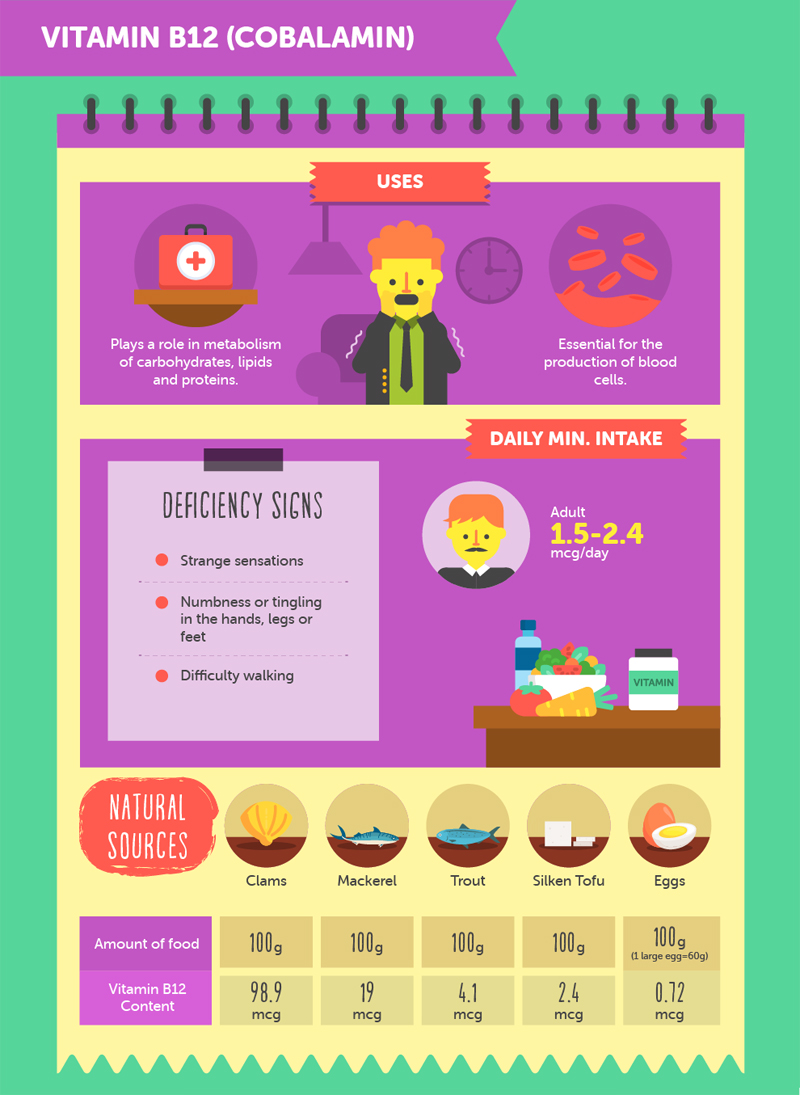The senior citizens have different nutritional requirements compared to the young folks. For example, the correct amount of calcium helps to prevent osteoporosis among women. But it is not just the minerals that play a crucial role in our bodies as we age. Consider vitamin D, which ensures that your body is able to absorb calcium and use it accordingly.
In essence, vitamins are essential in sustaining critical processes in the body that are important for a healthy life. It is, therefore, necessary to obtain the vitamins we need as we age. Experts at Medalerthelp.org have come up with an informative infographic that can act as your primary guide on the benefits of various vitamins in the body as well as their natural food sources.
What You Might Need
As you age, your body may not operate at full capacity as far as various metabolic processes are concerned; processes in which vitamins play vital roles. In such cases, you might need to boost your vitamin intake by using supplements. In addition, certain vitamins will be easily obtained from the food you ingest as long as you stick to a balanced diet.
Older adults don’t synthesize sufficient amounts of vitamin D. Therefore, supplements can help ensure their body gets the required amounts on a constant supply. This will prevent bone loss and the likelihood of bone fractures.
Vitamin B12 is key in keeping your nerve and blood cells in a healthy state. As we age, the absorption, as well as utilization of this vitamin, gets affected. For those of us above the age of 50, it is best to get vitamin B12 supplements or B12 fortified foods such as cereals, fish, and low-fat dairy.
Vitamin B6 which boosts metabolism and your immune system can also be obtained in fortified cereals and soy. An aging individual would also require a constant and balanced supply of vitamin C which is plentiful in oranges, green bell pepper, and many vegetables.
Maintaining a healthy body requires a balanced diet. One which will contain the essential vitamins especially the ones the body cannot synthesize on its own. As we age, these requirements become more necessary than ever. Consult your doctor to get the best recommendations about which supplements your body may need.
For a lot more on vitamins, their natural sources, uses, and deficiency signs, take a look at the following infographic:
Infographic URL: https://medalerthelp.org/the-world-of-vitamins-infographic/

